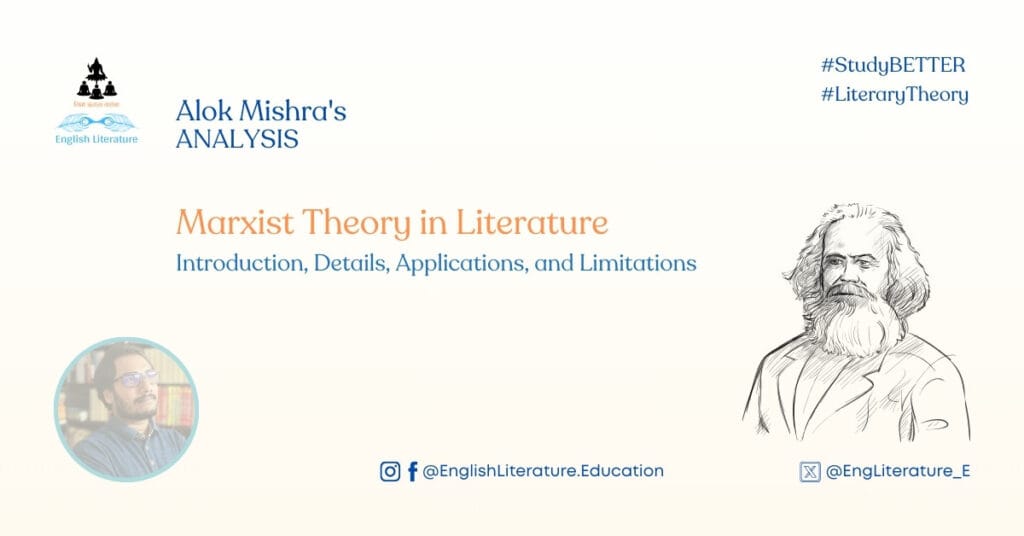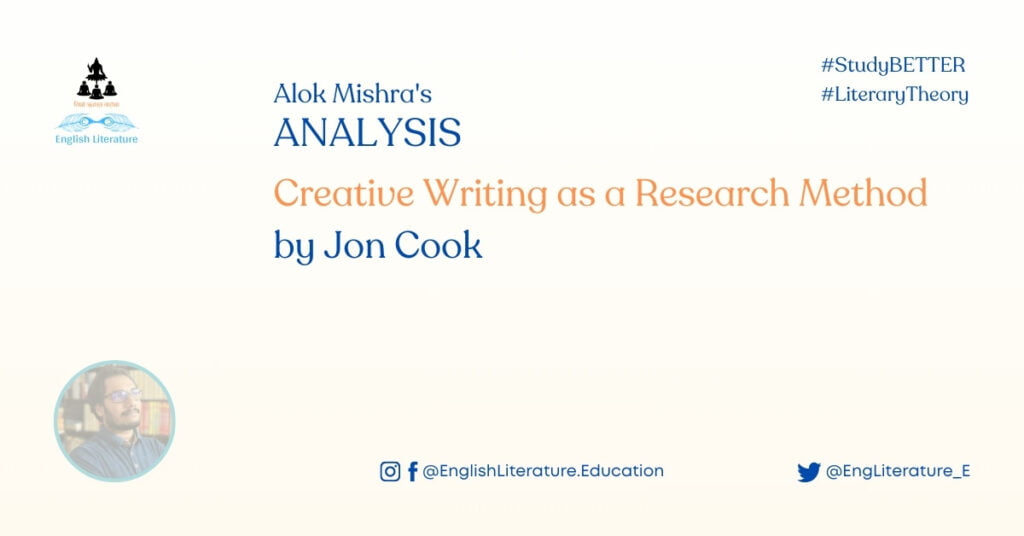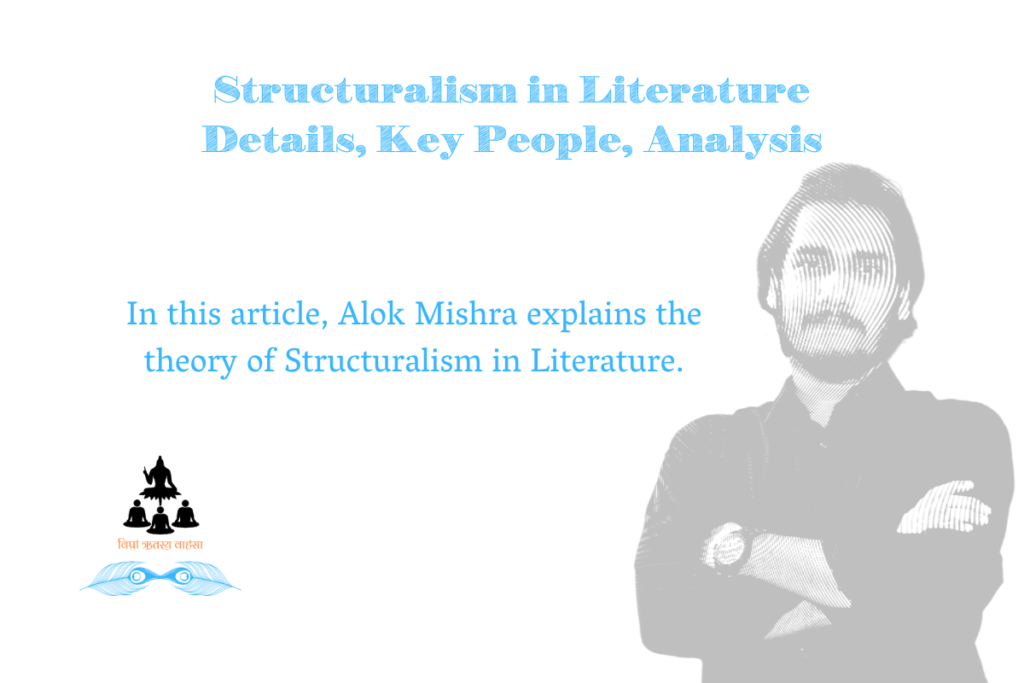Question: How does Ecocriticism come into being? And what kinds of questions does it ask?
Answer: Ecocriticism is a late awakening. It began, as a literary movement, only after the 1980s first half. Though it couldn’t get a grip stronger enough and almost failed in raising the interest bars, it did survive, somehow. Now, as academicians are re-looking at the theory, Ecocriticism is rising once again. In India, many students are doing their research work in this area. The Ecocritical concerns arise with a belief that certain authors and poets dealt with nature in their works with more interest that almost make it a visible force that makes an impact on our lives. Whenever nature or the surroundings or the ecology takes the foreground in a literary work, it will become the playground for Ecocritical thinkers. However, as there is no accepted model or format to apply Ecocriticism to any text, there are many ways it might be done. The modern Ecocritical thinkers look at the target text minutely to find whether there are examples of natural resources being misused or used, animals being harmed or not, people being thankful to nature or not… And also these are the major questions that Ecocriticism asks. The representation and acknowledgement of nature’s role and presence in our literature is the major motivation of Ecocritical thinking.
Question: What does the following statement mean?
Ecocritic is “a person who judges the merits and faults of writings that depict the effects of culture upon nature, with a view toward celebrating nature’ berating its despoilers, and reversing their harm through political action.”
Answer: In a literal sense, the ascribed value to an ecocritic by William Howarth is true, justified and also should be the goal of any person who claims to be an ecocritic. It’s not only about finding the instances where nature has been celebrated in high merits – like in the works of Wordsworth and Thomas Hardy. It’s also about finding where nature has been shown in a derogatory manner or men have been shown abusing nature. It’s the beauty of ecocriticism that we can have debates today whether a killed animal (perhaps a deer) shown on the Shakespearean stage was essential or not! So, to judge the merits and faults is the job or an ecocritic and by doing so, the ecocritic certainly raises the conscious of many people who read about his findings. And eventually, if the finding is worth and moving, it certainly raises concerns toward translating the words on paper to actions on the ground. It’s just like how Dickens’ novels worked toward transformation in the society – an ecocritic makes people aware of the potential abuses of nature and its resources.
Question: Ecocriticism deals with the relationship between culture and nature. Please explain in detail.
Answer: What is culture? To me, its the summum bonum of the best human thinking that continues for centuries before changing or modifying or deteriorating. In India, we used to worship trees, forests and other gifts of nature to us from God. We still continue to do so. This is our culture and in regional as well as in national literature, it gets representation. So, an ecocritic will find it very satisfying when he sees in a work of literature people praying to trees and rivers. Men’s attitude towards nature has always been coming from culture. Some wise and some otherwise. In ancient days, it used to be about cutting the ‘dead trees’ for essential needs. Now we cut masses for our needs that might be averted – papers, furniture, houses, decorative materials and so on… our culture has become to exploit nature as much as we can. Scholar Gipsy of Matthew Arnold can no longer keep his music running in the woods because there are no such woods except the dense ones that we cannot reach. In the days of Thomas Hardy, men and women used to dance under the Greenwood Tree but now they dance in their lavish apartments and hotels that use hearth to keep the atmosphere warmer – by burning tons of woods. In the Olympics described by our ancient Greek authors, the awards were branches and woods and today the writers write about huge stadiums constructed by killing forests and murdering trees – this is the culture that teaches us to treat with nature like this.
Forest of Arden that Shakespeare’s men revelled in was the culture of that century. Unbreathable air and dystopian settings where men and women die is the culture of our century.
Question: Ecocritics reject the notion that everything is socially or linguistically constructed. Please explain in more detail.
Answer: And that is rightly so! Yes, things are socially and linguistically constructed – agreed. However, not everything is constructed the same way. Human, animals, forests, nature, atmosphere, the sun, the moon, oceans… the list will be long if we sit and count. Human values and human nature and language are the best things to suit the claim to be constructed linguistically and socially. However, human being itself is not constructed socially or linguistically. We are born. We age. We die. And we will do so even if there is no language and no society. Then, what’s there? Nature is permanent! Nature is present today, was present yesterday and will be present in the future too. And this is what ecocritics want to convey – nature, as a being and living entity, is always present there. We grow with nature. And our attitude toward nature is directly proportional to our existence. Nature constructs and destructs as well. Arnold’s Dover Beach’s thoughts could not have born on a beach where Tsunami was dancing! Societies and Languages are born and die, howsoever delayed that might be. Nature is the ultimate being that decides when societies and languages are to be born and to be destroyed.
Question: What is meant by Anthropocentrism and Biocentrism?
Answer: In a literal sense, both the terms are focusing on the rights or values ascribed to rights – Anthropocentrism focuses on the rights of human beings being the superior and on the other hand, Biocentrism is a belief that looks at the rights of human beings, animals and other living beings (trees, for example) with the same eyes. We can often find examples in literature as well as in our real world. Recently, a court in India has given living being status to a river. It was Uttarakhand High Court’s Judgement in July 2018. We see the concern for a tiger being killed by people in Amitav Ghosh’s The Hungry Tide. As a responsible person, I believe that everyone should believe and show respect to every living being’s right to space and life. We cannot run a dog out of our society just because it walks on four legs instead of two. I am not being judgemental but Biocentrism also teaches us that we should not be selfish enough to take other’s life for our stomach’s pleasure!
Question: What is meant by ambient poetics? And what are the features of ambient work?
Answer: This concept is rather new. It has surfaced in the twenty-first century and furthered into a possible theory by Professor Morton. Ambient Poetics is about a belief that Nature is something that is here but certainly not here as we believe it to be. In simple terms, it just originates from common sense that we execute after someone uses the word ‘ambience’. It’s about the surrounding. How does the place appeal to you? How does the description of a particular room inspire you? Ambient Poetics traces that. The impact of a place (as described in a text) on the minds of the readers is the thing that Ambient Poetics deals with. Normally, these are the works that focus on minute details or movements, stationary, animation and standstill. The descriptions of natural surroundings in the works by Charlotte Bronte (particularly in her Jane Eyre) and also in some of the works by Thomas Hardy are commendable as they mesmerise the readers. So, to me, Ambient Poetics is more about the representation of ‘beauty’ present near, ahead of and around you rather than being worried about what’s going on around you.
Question: Nature is the most important consideration of ecocriticism. Please explain in more detail.
Answer: Ecocriticism begins with nature – a thought that nature is something more than just a thing of beauty is at the core of the philosophy of ecocriticism. If there is no nature, there is no ecology; and if there is no ecology, there is not any philosophy associated with it. Any great thinker in the school of ecocriticism cannot be found having concerns other than nature at the centre of thoughts. Ecocriticism’s basic philosophy is that ‘nature is a force – it can sustain and it can hit back if not treated well’. We see in the works of dystopian set-up what nature can do if it becomes hostile to us. On the other hand, we see different stories in the works that celebrate nature – human beings growing happily in the shadow of nature and feeling the existence of someone invisible but forever present. So, whatever be the case, nature is at the core of ecocritical concerns in the works of literature – always. Ecocriticism brings to us how the particular authors have treated nature in their works. In the works of the Victorian Age, we often find people settling in the urban areas and ignoring the greenery of the villages. We find factories being established and people working in them. When we move ahead, we find the urbanisation further impacting the lives of people – ‘smoke out of the chimney’ mixing with the clouds and polluting the air we inhale. If we want to see nature being so close to human beings, we have to go back to the Romantic Age in English literature and to the age of Chhayawadi Poets in Hindi literature. In the works of Kalidasa, we find the celebration of love in the shadows of nature. So, nature has been there – in a good or bad situation – it has always been at the centre. And it’s inevitable that ecocritics will always put nature at the centre of their research whenever they read a literary work with ecocritical concerns in minds.
Question: In fact, most passages, if not all, of literary works do not “make sense without reference to natural history and/or cultural ecology”. Please explain this in more detail.
Answer: This is about perspectives. Natural History – what is that? Once we understand that we actually grow up, live and die with something around us that also grows, develops but remain and don’t die unlike us, then only we can understand that what we actually read in literary works give us an account not only of the people in that particular work but also many things more. When we read something of ancient Greek or Roman literature, we see many things in those works that we don’t see together in the same form – however, there are the things that did not change. Achilles died and many others died. They were buried or cremated according to the culture that reigned at that time. Culture might have changed. The methods of battles might have changed. However, the truth remains that we still wage wars and we still die and this is what nature symbolises – eternity. Our methods of treating nature might be called natural history or cultural ecology. If you read Ramayana, the Historical Hindu text from India written by Valmiki, you will notice that Sri Rama worshipped and requested the Ocean to give him the way to Lanka. This was our history of treating nature – with respect and honour. In many of the modern texts we see people burning forests and killing wild animals for their sport, this is modern natural history. It is inevitable that we have to find these things when we read a literary text.
Moreover, this (cultural ecology) also tells about our means to survive within a certain circumstance that nature offers. In cold places, you will find people wearing warmer clothes – in movies as well as in novels. In places like India, usually warmer, you will find people wearing lighter clothes doesn’t matter you read about them, you meet them physically or you watch them being played on TV. And this is something that we will certainly find in every passage we read in any creative literary work. So, the statement that most of the passages in literary works don’t make sense without reference to natural history or cultural ecology is valid and justified.
Question: Do the values expressed in the literary text express ecological wisdom and an environmental ethic for our troubled times?
Answer: The key phrase in the question above is “our troubled times”. We do realise that the time we live in is troubled, chaotic and messed. Mostly because we could not keep a balance with our environment. The values expressed in any literary text (if we consider the text ecocritically charged) should be according to the basic knowledge of our ecology. If an author wants to suggest something disastrous happening in the novel, he should give adequate reasons to his readers to believe it might be possible. This is what we mean by ecological wisdom. Now, environmental ethics is something that enables us to understand our responsibility toward the sustaining of our environment and keeping it healthy and friendly for human beings. The time we live in needs many measures to make sure that we can save the human race from various problems that we might face in the coming days – global warming, pollutions of various kinds and irregular weather are some of the major concerns. So, we do need to see in literature the hints, the suggestions that might inspire the readers to do something good for our environment.
If an ecocritic asks the question about ecological wisdom and environmental ethics, he looks for these elements, mentioned above, in any literary text.
Question: How does place function as a critical category in addition to categories like race, gender, and class?
Answer: Place is very significant when we talk about a work of literature. In Hardy’s novels, mostly, he wrote about people living in Wessex, an imaginative suburb or village in the countryside – full of greenery and nature’s presence. The place decides how a character settles himself with nature around him or her. In the novels of modern authors such as F. Scott Fitzgerald and Graham Greene, we see a situation where nature is almost absent and the places described are full of secrecy, disillusionment and confusion and the effect of this we see on the characters in these novels – they are seldom happy, seldom convinced of themselves and seldom talk about flowers, greenery and natural beauty. So, the place, being described in any work of literature, has a very significant role to play. I believe that race and class are directly affected by the place being described.
Question: Teaching and studying literature without reference to the natural conditions of the world and the basic ecological principles that underlie all life deems it increasingly short-sighted and incongruous.
Answer: As far as studying literature is concerned, it depends purely on the content one is reading at the moment. If the content provides references to ecology and natural surroundings, the person will certainly take interest in those things. However, if a student (because it’s about reading and teaching ultimately) cannot find the natural references in the text, it’s the basic duty of the teacher to guide him or her and to bring things to light. Although literature is mostly about entertainment and pleasure, there must be something that we take beyond the book’s caricature. A novel has many characters and all the characters develop to better or worse with the novel’s progress. Moreover, in some way, all the characters are related to nature and the atmosphere around them. This is what needs to be brought into consideration. In As You Like It, Shakespeare very pleasantly presents the case of living in the lap of nature and enjoying each moment with the flow of nature. If the students teach their children with such references, the students will certainly know what’s essential for them in order to survive and lead a healthy life – the connection with nature. Helping our ecology better as we grow must be the message that should come out of the ecocritically charged literature and these things must be included in our university syllabuses. Even T. S. Eliot argued for a better world where we don’t axe our own legs with wars and explosions. What is good for us is good for nature or not, that needs to be the debate of the hour and it MUST come into literature and for that, we will need authors who can focus writing beyond the humane boundaries…
Read Further:




3 Comments. Leave new
Very aptly summarised.. I was looking for some answers about Ecocriticism as a literary theory. This set of questions and answers helped me realise many things together. Thanks for this wonderful compilation.
This has proved helpful to my study.
Wonderful answers to the questions that most of us have about Ecocriticism in English literature. Thanks for the platform. I hope that it grows to serve a literary purpose in the future.